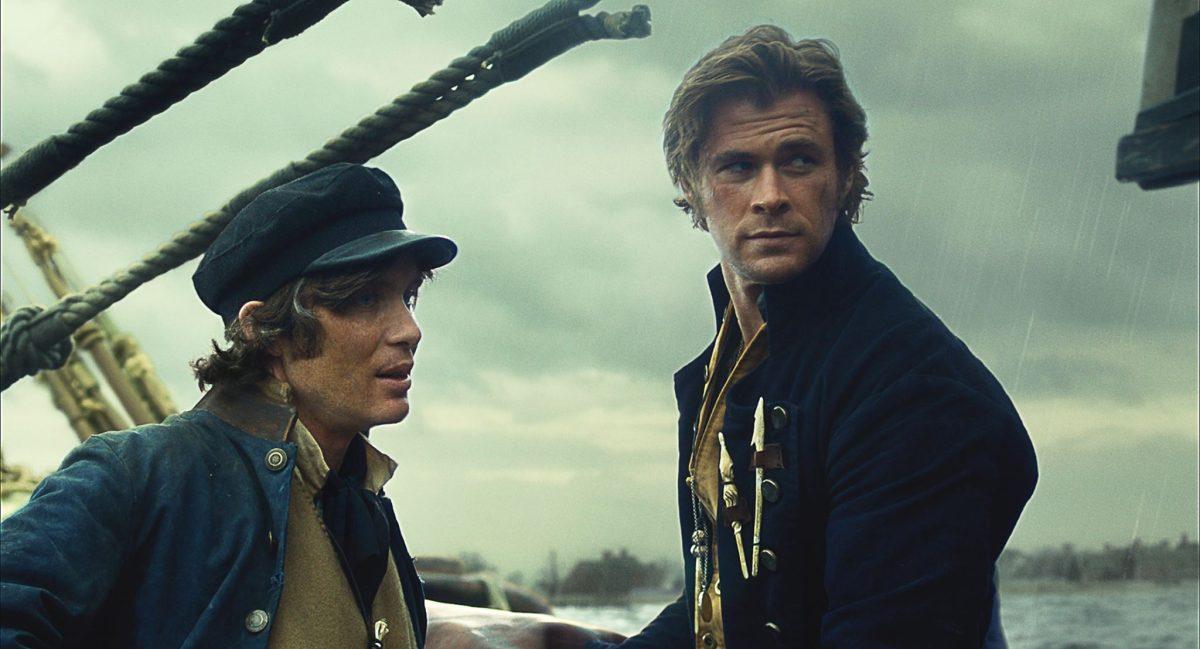facebook.com
“In the Heart of the Sea” earned $11 million it’s opening weekend.
“In the Heart of the Sea,” directed by Ron Howard is loosely based on the true of the whaling ship Essex and its attack by a whale. The film follows “Moby Dick” author Herman Melville (Ben Whishaw) as he interviews Thomas Nickerson (Brendan Gleeson) about his time as a cabin boy (played by future Spiderman Tom Holland) aboard the Essex with Captain George Pollard (Benjamin Walker) and First Mate Owen Chase (Chris Hemmsworth) as the ship is attacked by a sperm whale.
The technical side of the film is well done but good direction doesn’t stop the writing from sinking the film.
This film is well put together. The camera does an excellent job of simulating what it’s like to be at sea without giving the audience seasickness. The action captures both the dangers and the excitement of fighting a killer sperm whale. The special effects are fine as well. The CGI blends in with the sets and the actors so that it doesn’t distract from the action.
The major problem is that the emotional moments never seem to land. The movie jumps from moment to moment without archiving the emotional beat that Howard was going for. The main reason being that manyplot threads are introduced, then dropped repeatedly.
One example of this was a theme of class warfare between Pollard, who comes from a long line of whalers, and Chase, whose father was a poor farmer, with each character making snide comments about each other’s background for the first half of the movie. This is completely dropped in the second half of the film once they start whale hunting.
Heck, even the whale hunting doesn’t receive enough focus. They only kill one whale. When you are trying to say something is bad because of the obsession and greed it causes, you should properly show the characters doing it more than once. The movie doesn’t really know what it wants to be about. Is it about the survival of man? The danger that whaling inflicts upon whales?
It doesn’t focus on any theme in depth. This movie could easily be mistaken for the cliff notes version.
The problem is the whale that attacks them never feels like a character in its own right. The whale follows the main cast around like the shark from “Jaws” but the audience doesn’t have an emotional connection to the creature.
The framing device of Melville interviewing Nickerson serves as nothing but a disruption to the flow of the story, increasing the problems mentioned above. The film constantly cuts back to the interview with Melville commenting on what was happening.
The only reasons these scenes seem to exist is to pass the time and explain to the audience what they are supposed to be feeling, as if the film knows it’s not strong enough on its own and to remind the audience that Melville will go on to write “Moby Dick.” Not the best idea to constantly compare your film to one of the greatest stories of all time.



































